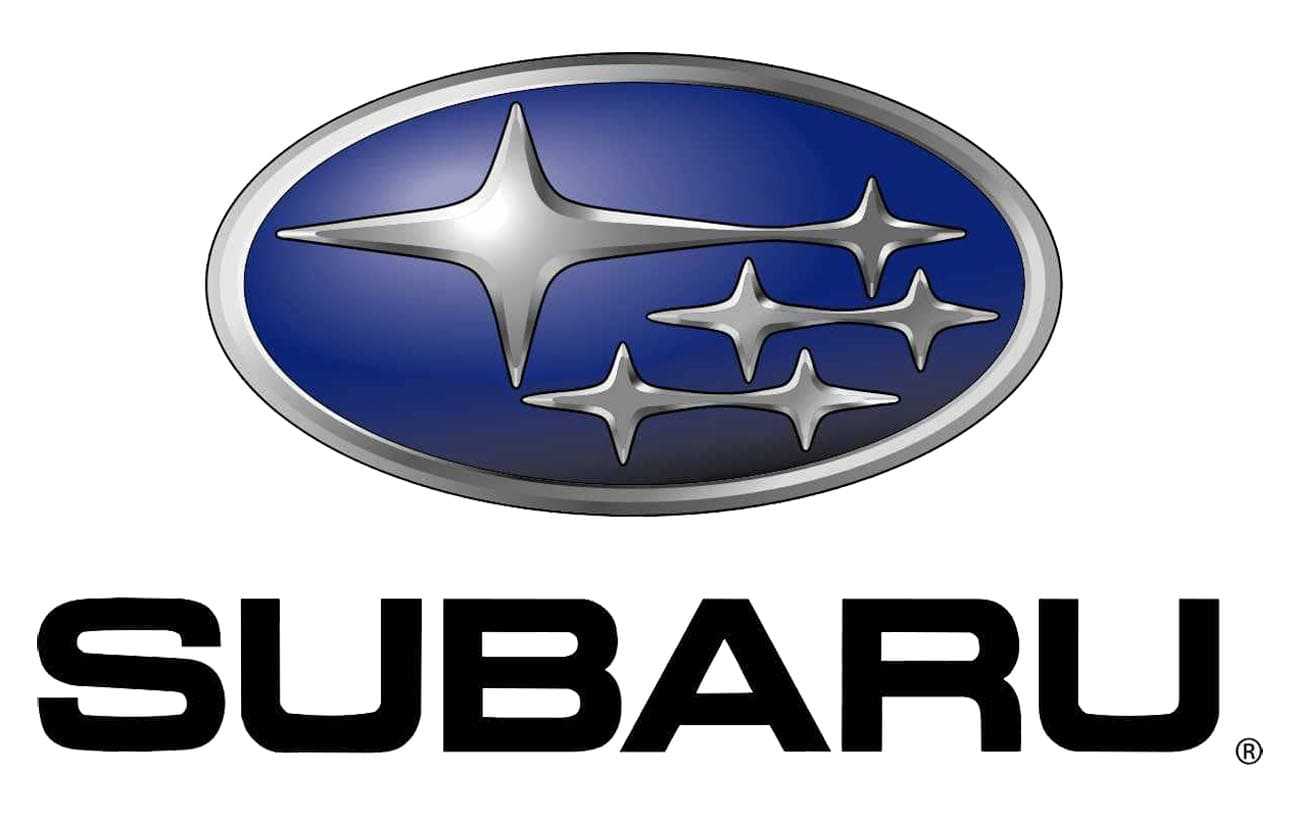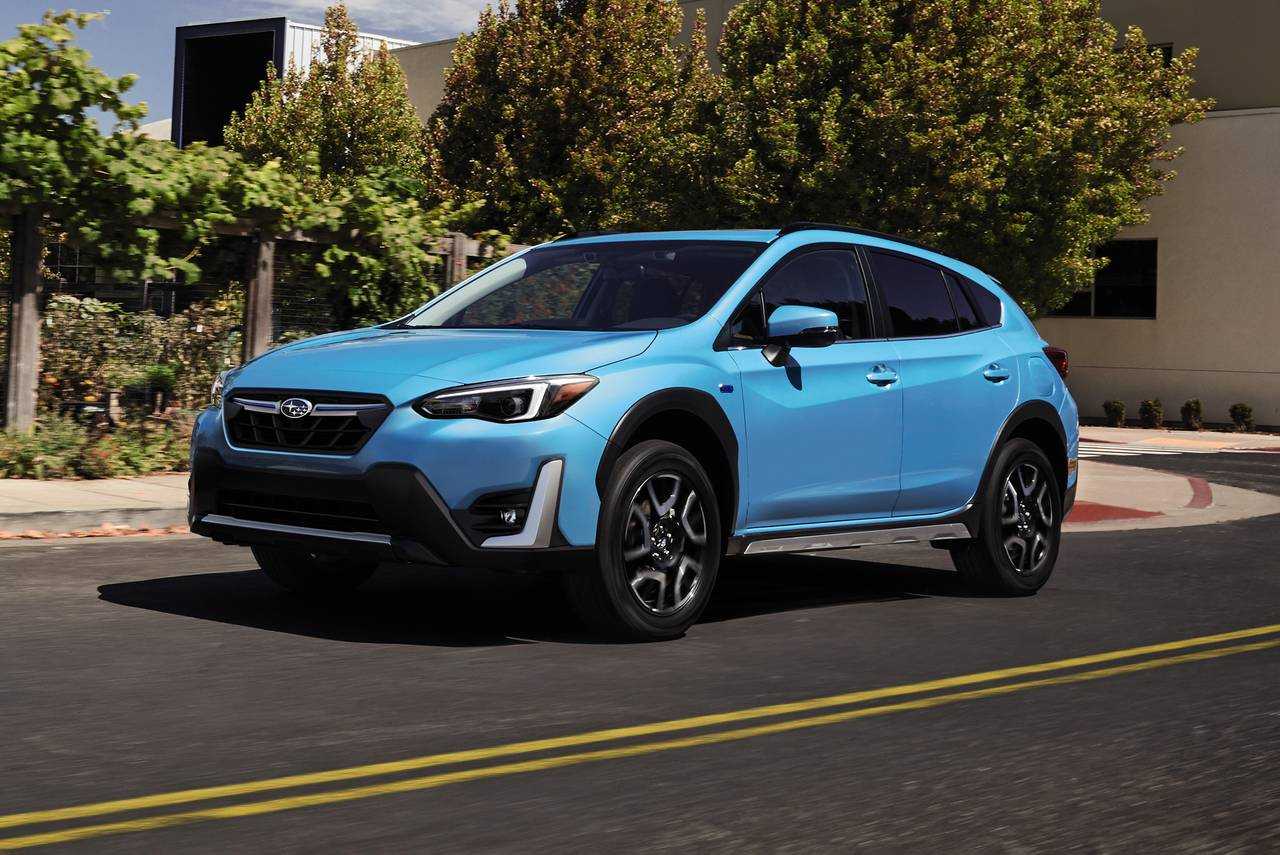
Subaru Crosstrek 2023 Base User Guide
The Subaru Crosstrek 2023 Base is a small SUV that combines flexibility, power, and fuel economy. It is part of the famous Crosstrek line, which is known for being able to go off-road and being useful. The 2023 Crosstrek Base has a lot of new features and technologies. It has a 6.5-inch tablet infotainment system that works with Apple CarPlay and Android Auto to connect to your phone. A rearview camera, Bluetooth, a USB port, and a four-speaker sound system are also included as standard.
Subaru is well-known for making safe cars, and the Crosstrek Base is no different. It comes with Subaru’s EyeSight driver-assist technology, which includes adaptive cruise control, lane departure warning, and pre-collision braking. The Crosstrek Base also comes with things like a rearview camera and stability control as standard.
Under the hood of the 2023 Crosstrek Base is a 2.0-liter four-cylinder Boxer engine that makes 152 horsepower and 145 lb-ft of torque. It comes with Subaru’s Symmetrical All-Wheel Drive system, which gives the car better grip and control on different types of roads. The Crosstrek Base also gets great gas mileage, making it a great choice for both driving in the city and going on trips on the weekend.
How to use this Owner’s Manual
Using your Owner’s Manual
Before you operate your vehicle, carefully read this manual. To protect yourself and extend the service life of your vehicle, follow the instructions in this manual. Failure to observe these instructions may result in serious injury and damage to your vehicle.
This manual is composed of fourteen chapters. Each chapter begins with a brief table of contents, so you can usually tell at a glance if that chapter contains the information you want.
Seatbelt and SRS airbag
WARNING:
- All persons in the vehicle must fasten their seatbelts BEFORE the vehicle starts to move. Otherwise, the possibility of serious injury becomes greater in the event of a sudden stop or accident.
- To obtain maximum protection in the event of an accident, the driver and all passengers must always wear seatbelts when in the vehicle. The SRS (Supplemental Restraint System) airbag does not do away with the need to fasten seatbelts. In combination with seatbelts, it offers the best-combined protection in case of a serious accident.
Not wearing a seatbelt increases the chance of severe injury or death in a crash even when the vehicle has the SRS airbag. - The SRS airbags deploy with considerable speed and force. Occupants who are out of proper position when the SRS airbag deploys could suffer very serious injuries. Because the SRS airbag needs enough space for deployment, the driver should always sit upright and well back in the seat as far from the steering wheel as practical while still maintaining full vehicle control and the front passenger should move the seat as far back as possible and sit upright and well back in the seat.
Child safety
WARNING:
- Never hold a child on your lap or in your arms while the vehicle is moving. The passenger cannot protect the child from injury in a collision, because the child will be caught between the passenger and objects inside the vehicle.
- While riding in the vehicle, infants and small children should always be seated in the REAR seat in an infant or child restraint system that is appropriate for the child’s age, height and weight. If a child is too big for a child restraint system, the child should sit in the REAR seat and be restrained using seatbelts. According to accident statistics, children are safer when properly restrained in the rear seating positions than in the front seating positions. Never allow a child to stand up or kneel on the seat.
- Place children in the REAR seat properly restrained at all times in a child restraint system or in a seatbelt. The SRS airbag deploys with considerable speed and force and can injure or even kill children, especially if they are not restrained or improperly restrained. Because children are lighter and weaker than adults, their risk of being injured from deployment is greater.
- NEVER INSTALL A CHILD RESTRAINT SYSTEM IN THE FRONT PASSENGER’S SEAT. DOING SO RISKS SERIOUS INJURY OR DEATH TO THE CHILD BY PLACING THE CHILD’S HEAD TOO CLOSE TO THE SRS AIRBAG.
- Always turn the child safety locks to the “LOCK” position when children sit in the rear seat. Serious injury could result if a child accidentally opens the door and falls out. Refer to “Child safety locks” 2-27.
- Always lock the passenger’s windows using the lock switch when children are riding in the vehicle. Failure to follow this procedure could result in injury to a child operating the power window. Refer to “Windows” 2-27.
- Never leave unattended children, adults or animals in the vehicle. They could accidentally injure themselves or others through the inadvertent operation of the vehicle. Also, on hot or sunny days, the temperature in a closed vehicle could quickly become high enough to cause severe or possibly fatal injuries to them.
- When leaving the vehicle, close all windows and lock all doors.
Engine exhaust gas (carbon monoxide)
WARNING:
- Never inhale engine exhaust gas. Engine exhaust gas contains carbon monoxide, a colorless and odorless gas that is dangerous, or even lethal if inhaled.
- Always properly maintain the engine exhaust system to prevent engine exhaust gas from entering the vehicle.
- Never run the engine in a closed space, such as a garage, except for the brief time needed to drive the vehicle in or out of it.
- Avoid remaining in a parked vehicle for a long time while the engine is running. If that is unavoidable, then use the ventilation fan to force fresh air into the vehicle.
- Always keep the front ventilator inlet grille free from snow, leaves, or other obstructions to ensure that the ventilation system always works properly.
- If at any time you suspect that exhaust fumes are entering the vehicle, have the problem checked and corrected as soon as possible. If you must drive under these conditions, drive only with all windows fully open.
- Keep the rear gate closed while driving to prevent exhaust gas from entering the vehicle.
Drinking and driving
WARNING:
Drinking and then driving is very dangerous. Alcohol in the bloodstream delays your reaction time and impairs your perception, judgment and attentiveness. If you drive after drinking – even if you drink just a little – it will increase the risk of being involved in a serious or fatal accident, injuring or killing yourself, your passengers, and others. In addition, if you are injured in an accident, alcohol may increase the severity of that injury. Please don’t drink and drive.
Drunken driving is one of the most frequent causes of accidents. Since alcohol affects all people differently, you may have consumed too much alcohol to drive safely even if the level of alcohol in your blood is below the legal limit. The safest thing you can do is never drink and drive. However, if you have no choice but to drive, stop drinking and sober up completely before getting behind the wheel.
Drugs and driving
WARNING:
There are some drugs (over-the-counter and prescription) that can delay your reaction time and impair your perception, judgment and attentiveness. If you drive after taking them, it may increase your, your passengers’, and other persons’ risk of being involved in a serious or fatal accident.
If you are taking any drugs, check with your doctor or pharmacist or read the literature that accompanies the medication to determine if the drug you are taking can impair your driving ability. Do not drive after taking any medications that can make you drowsy or otherwise affect your ability to safely operate a motor vehicle. If you have a medical condition that requires you to take drugs, please consult with your doctor. Never drive if you are under the influence of any illicit mind-altering drugs. For your own health and well-being, we urge you not to take illegal drugs in the first place and to seek treatment if you are addicted to those drugs.
Driving when tired or sleepy
WARNING:
When you are tired or sleepy, your reaction time will be delayed and your perception, judgment and attentiveness will be impaired. If you drive when tired or sleepy, your, your passengers and other person’s chances of being involved in a serious accident may increase.
Please do not continue to drive but instead find a safe place to rest if you are tired or sleepy. On long trips, you should make periodic rest stops to refresh yourself before continuing on your journey. When possible, you should share the driving with others.
Modification of your vehicle
WARNING:
- Do not remove the SUBARU gen- uine navigation and/or audio system. If the SUBARU genuine navigation and/or audio system is removed, the rearview camera image and helplines (distance marker, dynamic guidelines and vehicle width lines) will no longer be displayed.
- For some models with Reverse Automatic Braking (RAB) system, even if the Reverse Automatic Braking (RAB) system and object detection warning is ON, the visible alert of the Reverse Automatic Braking (RAB) system will not be displayed. However, the audible alert and its function will operate.
CAUTION:
Your vehicle should not be modified other than with genuine SUBARU parts and accessories. Other types of modifications could affect its performance, safety or durability, and may even violate governmental regulations. In addition, damage or performance problems resulting from the modification may not be covered under warranties.
Useful Links
Download Manuals: https://www.subaru.com/owners/vehicle-resources/manuals.html
2024 Subaro Crosstrek Specs, Price, Features, Mileage (Brochure)

